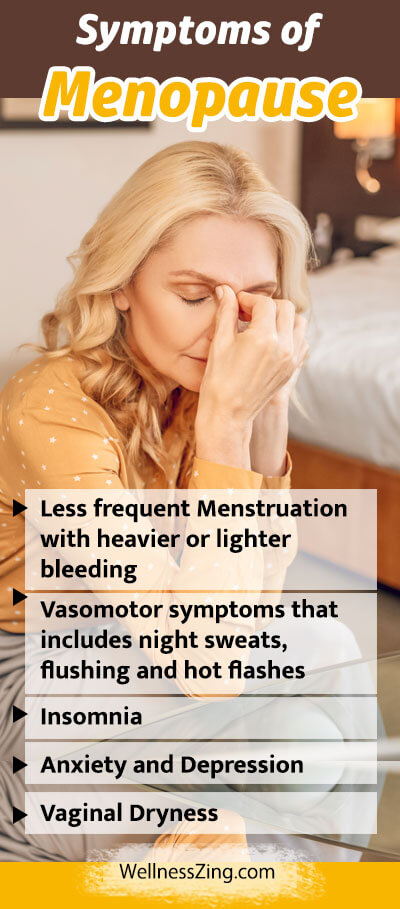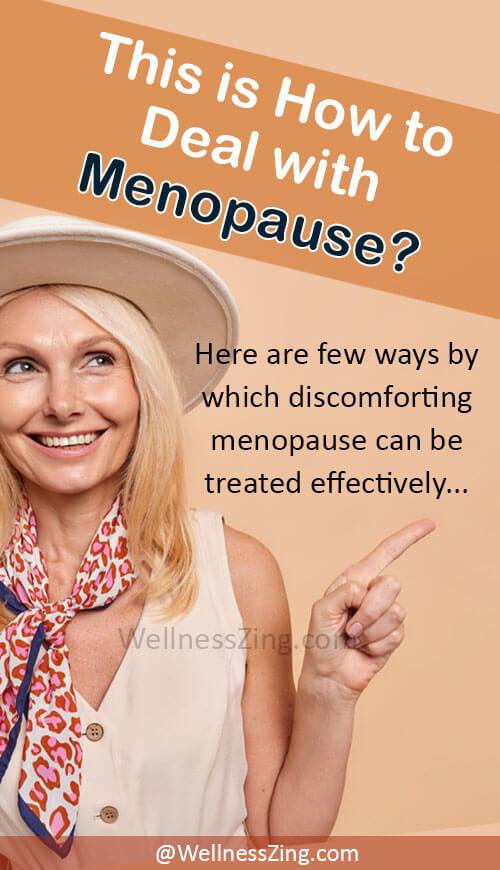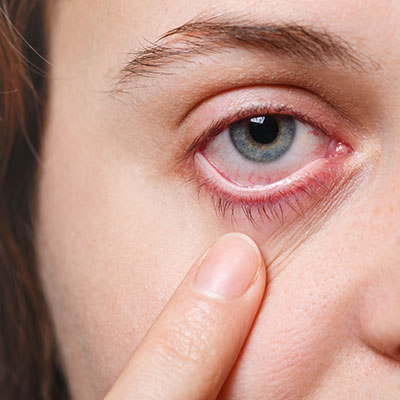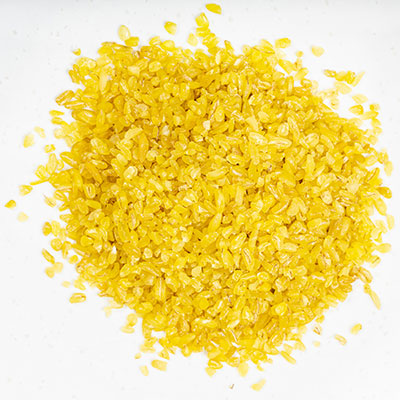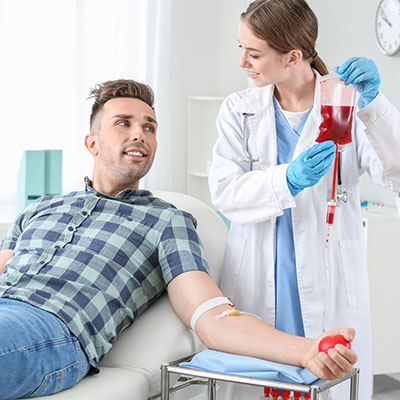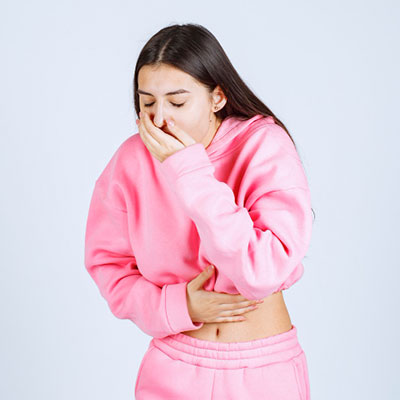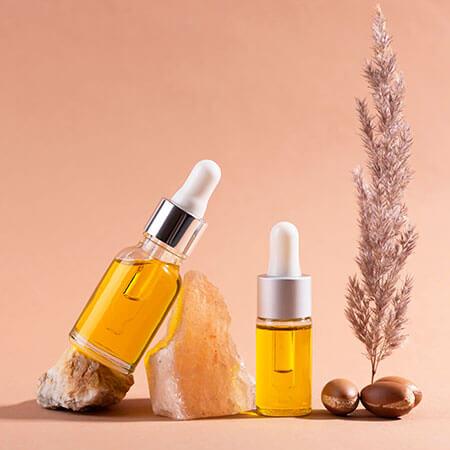Menopause is one of the phases in the life of women when she goes through a myriad of uncomfortable changes on physical, mental and emotional levels. Some of these changes are hot flashes, insomnia, night sweats, irritability, depression, weight gain etc. One of the signs that shows the onset of menopause is when a woman has not menstruated in twelve consecutive months and can’t conceive through natural ways.
Normally it happens when the woman attains the ages of 45 and 55. In a majority of cases, there is no need of any external medical treatment to deal with this condition. Specialized treatment is needed when the symptoms adversely impacts a woman, her work life and relationships. Let us learn more about menopause, its symptoms, diagnosis and treatment.
What is Menopause?
Menopause is termed as the natural cessation of a menstrual cycle in woman. The beginning of this period also marks the end of fertility. In normal cases, it starts when the woman attains the age of 45 and more. Existing health conditions such as damage to pelvis, removal of ovaries, or genetics, can even initiate it before this age.
Some women start to experience its symptoms such as night sweat, vaginal dryness, reduced sex drive, mood swings, hot flashes, a few years before its onset. Menopause occurs in different stages, that can last for several years.
Due to changes in hormone levels, a woman experiences a variety of mild to severe discomforting symptoms that can vary from one woman to another. A healthy diet, and regular exercise will definitely help you feel better and enhance your overall health. Women who experience severe menopause symptoms can take help of medical support, and treatment to get relief.
Stages of Menopause
There are three stages of the occurrence of menopause in women.
1. Perimenopause
It is referred to as the time when the hormones in the body start to change to prepare for menopause. It begins before menopause and may last three to four years. In this period, your ovaries will synthesize less amount of estrogen. A woman in perimenopause stage will experience irregular menstrual cycles. You may still have a chance to get pregnant.
Many women begin to see perimenopause symptoms after entering into their mid-40s. it may happen late, or skip one or multiple periods. You may see that menstrual flow will either increase or reduce. You enter into menopause when you don’t menstruate for continuous twelve months at a stretch.
2. Menopause
It begins after a year of no menstruation. In other words, it begins after twelve months from the date of last period. During all these twelve months, there will no menstruation. It can be natural, or due to medical reason such as removal of the ovaries.
3. Postmenopause
This condition happens after several years of undergoing menopause. At this stage, you will get relief from some of the troubling symptoms of menopause. At the same time, you become more prone to getting heart ailment, and osteoporosis.
Facts related to Menopause
Here are some of the important facts of Menopause that you should know:
- When a woman enters menopause, she loses her ability to become pregnant naturally. She does not need birth control medicines.
- Due to slow metabolism and loss of muscle density, she will accumulate fat in her body especially in the form of belly fat.
- She may experience vaginal, and vulvar atrophy. Vaginal atrophy is characterized when your vaginal skin gets thinner, less elastic, and drier. Both vaginal, and vulvar atrophy at the time of menopause can cause painful, and dryness while intercourse.
- As severe hot flashes are linked to breast cancer, doctors prescribe lifestyle changes, medical therapy and hormone therapy to treat this condition.
- Menopause can lead to difficulties in sleep, anxiety, forgetfulness, irritability, and depression.
- Due to reduction in estrogen hormone, risk of getting heart ailment will increase.
- Certain women even experience a change in their voice after menopause. Some women even notice facial hair.
- Menopause also increases the risk of osteoporosis
About Premature Menopause
A woman is said to be in premature menopause stage when she starts to experience menopause symptoms before the age of forty years. Around five percentage of women experiences such situation. It can be due to various reasons that includes:
- primary ovarian insufficiency,
- smoking,
- heredity of early menopause,
- surgical removal of ovaries, or the uterus or
- autoimmune ailments that includes rheumatoid arthritis, and thyroid disease
Symptoms of Menopause
Menopause symptoms can be experienced differently by different woman. Here is the complete list of common symptoms that a woman experiences in her perimenopause stage:
- Menstruation becomes less frequent with heavier, or lighter bleeding
- vasomotor symptoms, that includes night sweats, flushing, and hot flashes
- insomnia
- anxiety
- depression
- weight gain
- vaginal dryness
- less concentration
- memory issues
- reduced libido
- dryness in skin, eyes, and mouth
- increased urination
- tenderness in breasts
- racing heart
- headaches
- urinary tract infections
- reduced muscle density
- pain in joints
- reduced bone density
- thinning of hair
- increased growth of hair in public areas such as face, upper back, chest, and neck
Symptoms experienced by majority of women in Menopause are :
- Due to low levels of estrogen, and reaching the end of her reproductive stage, a woman can no longer conceive by natural means.
- Itching, dryness, and discomfort in vaginal area is also experienced. Indulging in intercourse becomes painful at this time. There is also an increase in the possibility of getting infection.
- Atrophic vaginitis involves inflammation, dryness, thinning of the vaginal wall in menopause. Use of moisturizing lotions, and lubrication can help in relieving from this issue.
- Hot flashes, a condition where a sudden increase in heat is experienced in the upper areas of the body is noticed. It is noticeable in the form of excessive sweating and formation of red patches on the affected areas of the skin.
- Irregular sleep is another major sign of menopause. It is due to hormonal imbalance that also causes low libido and lack of fertility in the body. It is accompanied with anxiety, an increased urge to urinate, and night sweats
- Deposition of fat around the abdomen, gain in weight, change in color, volume, and texture of hair in people. There is also noticed a reduction in breast size too.
- On the emotional level, you can experience depression, sadness, tiredness, low mood, urge to cry, irritability, anxiety. A mentally, and physically active lifestyle along with a healthful diet, and busy social life can help you effectively deal with menopause symptoms.
- Skin changes can even happen at the time of menopause.
- The onset of Menopause makes a woman prone to various diseases such as:
- Osteoporosis: The density, and strength of the bones will decrease. Vitamin D supplements along with consuming calcium-rich diet is needed to maintain density of bones.
- Cardiovascular disease: Decline in the levels of estrogen can put you at a high risk of developing cardiovascular disease.
- Due to hormonal changes, you are more likely to develop breast cancer.
Complications associated to Menopause
Menopause can cause a few complications such as :
- vulvovaginal atrophy
- painful intercourse
- dyspareunia
- reduced metabolism
- periodontal disease
- osteoporosis
- urinary incontinence
- bones become thin, and weak
- sudden emotional changes
- cataracts
- issues related to blood vessel
What is the reason behind occurrence of Menopause?
Menopause is a natural phenomenon that occurs when the ovaries age and secrete lesser amounts of reproductive hormones. At this time, you would notice a reduction in the levels of following hormones in the body:
- progesterone
- estrogen
- follicle-stimulating hormone (FSH)
- testosterone, and
- luteinizing hormone (LH)
- loss of active follicles in ovaries that are responsible for producing eggs and enabling fertility, and menstruation.
- Removal of the ovaries via surgical methods
Causes of Induced Menopause
Here are a few reasons how menopause can be induced in a person:
- Surgical procedures like radiotherapy, and chemotherapy can induce menopause. It can stop your ovaries to function either permanently, or temporarily in a person.
- a genetic condition that impacts the chromosomes, like Turner’s syndrome
- an autoimmune disease
- an infection like malaria, mumps, and tuberculosis
- radiotherapy, and surgery procedures in women
- pelvic radiation and pelvic injuries that destroys the ovaries
Diagnosis of Menopause
It is important to discuss with your doctor if you experience disabling symptoms of menopause, or when you are below 45 years, and have started experiencing these symptoms. Your doctor will perform test such as FSH, and PicoAMH Elisa diagnostic test to measure the hormone levels in the body. Consistently recording high FSH levels of 30 mIU/mL or more in the bloodstream, along with reduced or no menstruation for consecutive twelve months confirms menopause.
How To Treat Menopause?
If menopause is affecting your life severely, then it becomes essential to get medical assistance. Doctor can recommend hormone therapy to treat this condition. In this therapy, topical lotions, and skin patches are used to lessen the occurrence of night sweats, hot flashes, flushing, osteoporosis, vaginal atrophy and other disturbing symptoms of menopause.
The treatment aims at providing estrogen supplements and a synthetically prepared progesterone hormone to restore the adequate levels of hormone in the body. However, it has been seen that this treatment can increase the chance of developing specific illnesses in people. These include heart disease, high triglyceride content in the bloodstream, gallbladder disorder, liver ailment, stroke, blood clots, and breast cancer. Due to this reason, it becomes very important to talk about the pros, and cons of hormone treatment with your doctor before undergoing it.
Hormone therapy is not advised for people who have a family history of disturbing menopause symptoms, above the age of sixty years, or have passed over ten years of menopause.
Here are a few ways by which discomforting menopause can be treated effectively :
- To treat hair loss, topical minoxidil (5 %), and ketoconazole enriched anti-dandruff shampoos can be prescribed.
- Eflornithine hydrochloride topical lotion is prescribed for undesired hair growth
- Depending on the intensity of hot flashes, depression, and anxiety, Serotonin reuptake inhibitors are advised for the treatment.
- To relieve from dryness, and non-elasticity in vagina, and painful intercourse, your doctor may advise ospemifene, or nonhormonal or low-dose vaginal lubricants, moisturizers, and birth control pills
- UTI can be treated by prophylactic antibiotics
- To treat sleep issues, sleep inducing medicines can be prescribed
- Postmenstrual osteoporosis can be dealt by a few medicines such as teriparatide, denosumab, calcitonin, and raloxifene
If you experience mild to moderate level menopause, then there are a few home remedies, and lifestyle changes that can give you relief from this condition:
- keep your weight in check by performing regular exercise. Do Kegel exercises to make your pelvic floor muscles strong
- practice deep breathing and relaxation exercises like yoga, meditation, pranayama, body stretches etc.
- consume a healthy and well-balanced diet that includes whole grains and good amounts of seasonal vegetables, fruits. Eating soy, vitamin E, and flax seed helps in managing menopause symptoms naturally.
- quit smoking, and alcohol
- seek medical counseling from trained therapists, and psychologist to treat depression, anxiety, mood fluctuations, sadness, insomnia, isolation, relationship issues etc.
- manage sleep issues via natural sleep aids, or over the counter medicines. Before you take any external medication, it is important to consult your doctor
- discuss your menopause issues with family, and friends
- pursue your hobbies and activities that you enjoy most
- Wear loose and comfortable clothes, and keep bedroom cool to manage hot flashes and night sweats. Keep a waterproof sheet under the bedding will prevent your mattress from becoming wet.
- Consume a diet rich in vitamin D, calcium, and magnesium to lower possibilities of osteoporosis. These nutrients also boost energy levels in a person and promote sound sleep.
- Take good care of your skin by applying herbal moisturizers, avoiding hot water showers, and swimming in chlorine-rich water to prevent skin dryness, and irritation.
Conclusion
Menopause is a major transition in life that significantly impacts work life, home life, and relationships. With so many changes occurring in a small period of time, it is quite obvious to feel overwhelmed. Hormone therapy, natural remedies, lifestyle adjustments etc. can all impact the quality of your life. By living an active, and healthy life throughout your menopause, you can easily win over these changes and start living a fulfilling life.
If you liked this post, then do share it with your friends on social media. Also, you can write to us any of your queries, suggestions, and comments. We will be happy to address them soon.

